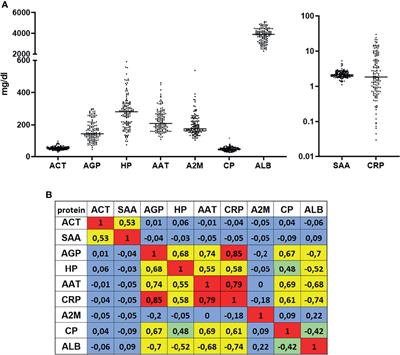EDITORIAL
Published on 16 Sep 2022
Editorial: Beyond chemotherapy and immunotherapy in thoracic malignancies: Overcoming resistance by tackling new molecular pathways
doi 10.3389/fonc.2022.997404
- 1,597 views
- 1 citation
12k
Total downloads
42k
Total views and downloads
EDITORIAL
Published on 16 Sep 2022
REVIEW
Published on 20 Apr 2022

ORIGINAL RESEARCH
Published on 08 Mar 2022

REVIEW
Published on 09 Feb 2022

ORIGINAL RESEARCH
Published on 31 Jan 2022

ORIGINAL RESEARCH
Published on 23 Dec 2021

ORIGINAL RESEARCH
Published on 20 Oct 2021

CLINICAL TRIAL
Published on 08 Sep 2021

ORIGINAL RESEARCH
Published on 06 Sep 2021
